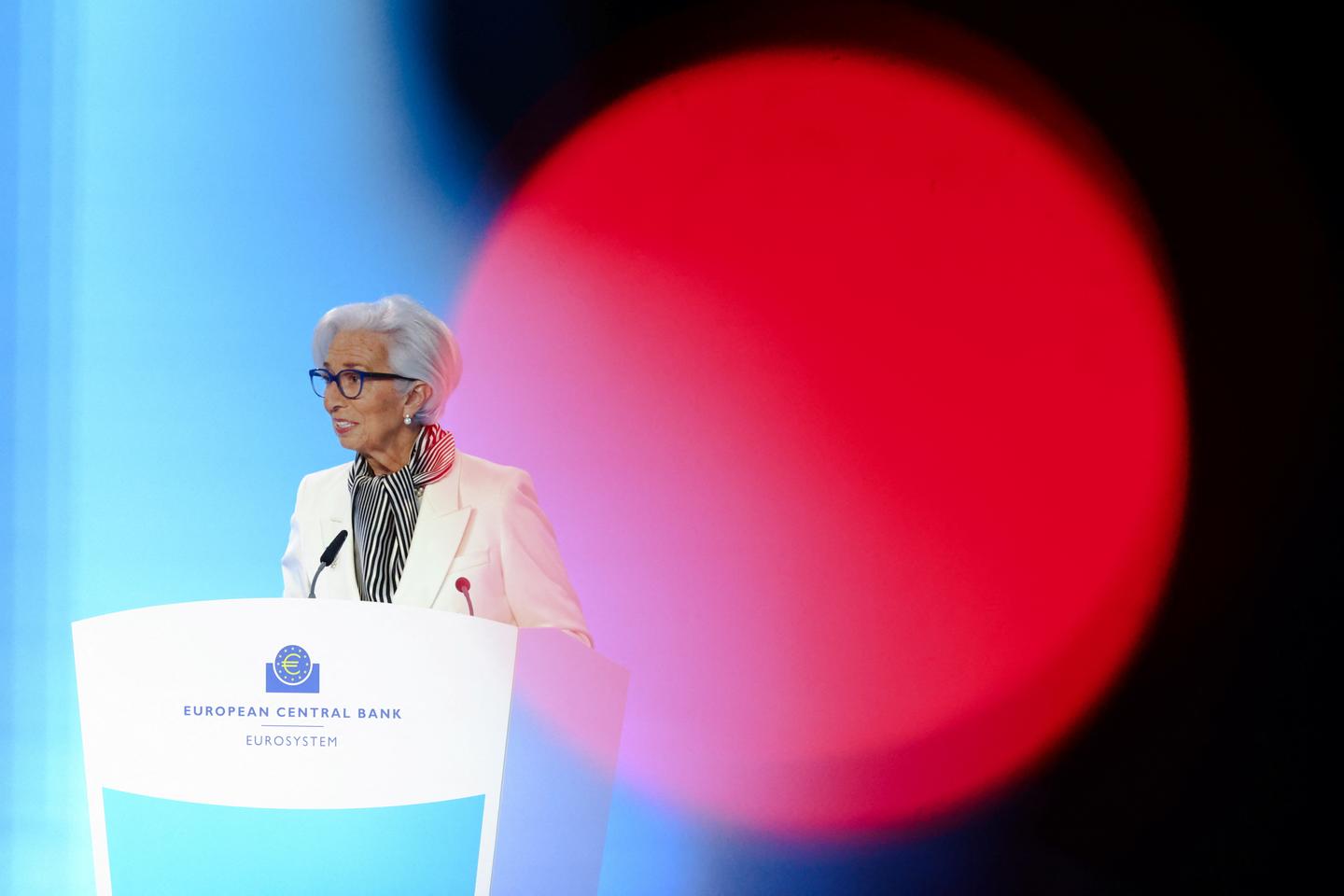


Does the European Central Bank have a "Lagarde problem?" A good number of employees at the Frankfurt-based institution seem convinced of this. On January 22, they submitted a devastating internal report, which judged the ECB president both uncooperative with her staff and incompetent in her role in deciding monetary policy. They have accused her of failing to master the technicalities of her role, of favoring self-promotion above all else, and of practicing hypocritical double standards by preaching openness and diversity while silencing dissenting voices.
The report was based on the disastrous results of an internal survey conducted by the IPSO trade union, to which 1,159 ECB employees (almost a third of them) responded. Half (50.6%) felt that the Frenchwoman was doing a "poor" or "very poor" job, compared with 23% who considered it "good," "very good" or "outstanding." Nearly two-thirds believed she has damaged the ECB's image, while only 20% thought the opposite.
Lagarde's predecessors, Jean-Claude Trichet and Mario Draghi, also had internal problems. The IPSO trade union conducted similar surveys at the end of their terms, revealing that employees were fed up. The former was considered arrogant and brittle, the latter remote and uninterested in human resources issues. But this pitfall, concerning the management of the institution, was difficult to avoid: Both men were caught up in their monetary policy work, which left them little time or inclination to deal with personnel management. In this respect, Lagarde has been in much the same boat.
It is regarding the competence of the current president that the results differ. Trichet and Draghi were generally praised for their monetary policy work. That is not the case for Lagarde, yet this harsh judgment has come from sharp technicians – the army of multi-degree-holding economists who make up the institution's staff.
Counterattack
The ECB president is not an economist, but a law expert. She may have been France's finance minister and the director of the International Monetary Fund, but that criticism has hung over her like a stone around her neck since she took office at the end of 2019. The small, male-dominated world of central bankers and their specialists keeps a close eye on the slightest slip-up, and there have been several. The most notorious, in early 2020, was when she said: "We're not here to close spreads," referring to the difference between German interest rates and those of other countries. The statement had sent markets reeling, and a "clarification" had to be made shortly afterward.
You have 30% of this article left to read. The rest is for subscribers only.
